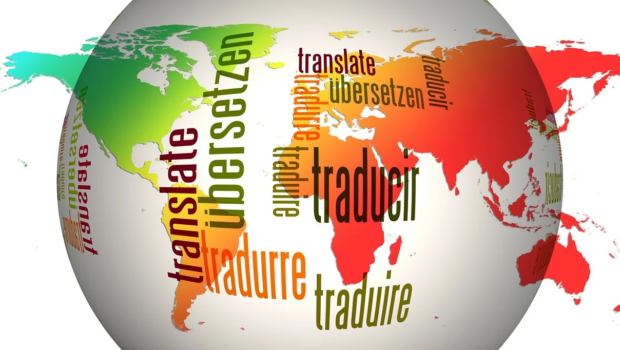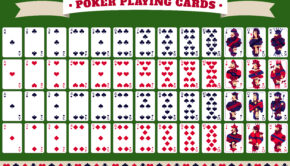Tips for Online Translation and Localization
If you own a website or some sort of business, you may be thinking about expanding to new markets. As we look to grow, we need to adapt our services to local markets by translating or even localizing our content. But what do these terms really mean? And what is the best way to do it?
What’s the Difference Between Translation and Localization?
Translation is the term we use for the process of converting written text from one language to another. Think of translating a book, for example, where all the information you need is right there in the text. You do not need to consider the target audience too much. Your goal, in translation, is to match the tone, intent, and content of the original author.
Localization, on the other hand, refers to the adaptation of a product or content to meet the language, cultural and other specific requirements of a particular country or region. This is more of an online matter, as one product or set of content may need to be read and consumed naturally by people all over the world.
Localization takes into consideration not only the language difference but additional factors as well, such as date, time, currency and measurement formats, to ensure the product or content is fully adapted for use in the target market. As you can see, localization is an extra skill that is very important when it comes to online marketing, or developing websites for people around the world.
Even Local Cultures Exist in a Global Context
One thing to be careful with is to essentialize cultures too much. For example, if you want to localize a gaming website for a Southeast Asian market, this does not mean that you have to replace all “Western” games with “local” ones. Just like people outside of India love chess, people in Thailand and Malaysia also love playing Texas Hold ‘em and other classic games from other parts of the world. In fact, because retail casinos in Thailand are illegal, there is even more of a need for online resources.
Take this page on how to play blackjack, or วิธีเล่นแบล็คแจ็ค in Thai. This beginner’s guide to blackjack will show Thai users how to make real money online. They review online betting sites for each specific country and review them based on security, big bonuses, quick cashiers, and the availability of live dealers. They adapt well to local culture by answering concerns about legality of online gambling and questions about local currency.
Keep Your Company’s Business Model Front and Center
When localizing or translating your content or services, it is important to keep your business model in mind. This is because it will determine what you need to do in order to have a successful interpretation. What will the Key Performance Indicators of your success be?
For example, if you are in the business of lead generation, you will need to know your audience when preparing your campaigns and creating your landing page. You really have to reach your target audience and have them understand you naturally.
However, if your company works more with search engine optimization, then you will have other criteria. You may be targeting your content based on keyword research, meaning that localization could mean adapting to local searches, rather than local culture, understood broadly. Once you think about your business model and goals, you will have a good idea about how to handle your translation and localization.
Use the Right Content Management System
Every content creator or website holder needs to pick their Content Management System (CMS) carefully. If you plan on either translating or localizing your websites, it is important that your CMS supports multiple languages.
The popular content management system WordPress has a multilanguage plugin available. This plugin will help you translate your site to many languages. Once you install the plugin, you can select the languages you want included.
Released in 2003, WordPress is free and open-source. It has since won many prizes including Open Source CMS Awards’ “Overall Best Open Source CMS,” digital synergy’s “Hall of Fame CMS category in the 2010 Open Source,” and InfoWorld’s “Bossie award for Best Open Source Software.”
Cover Image by Pixbay
















